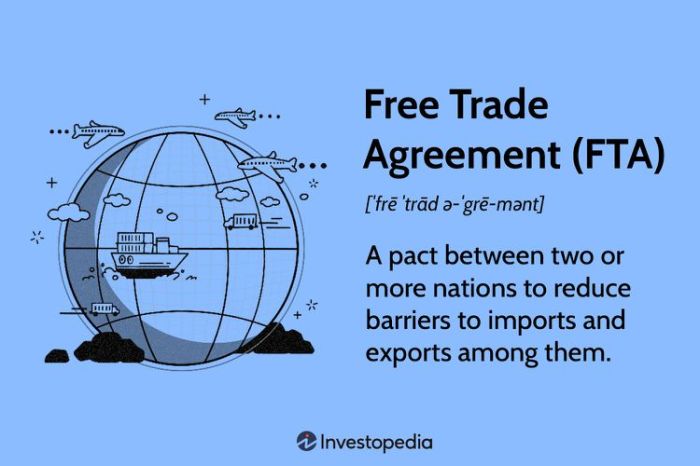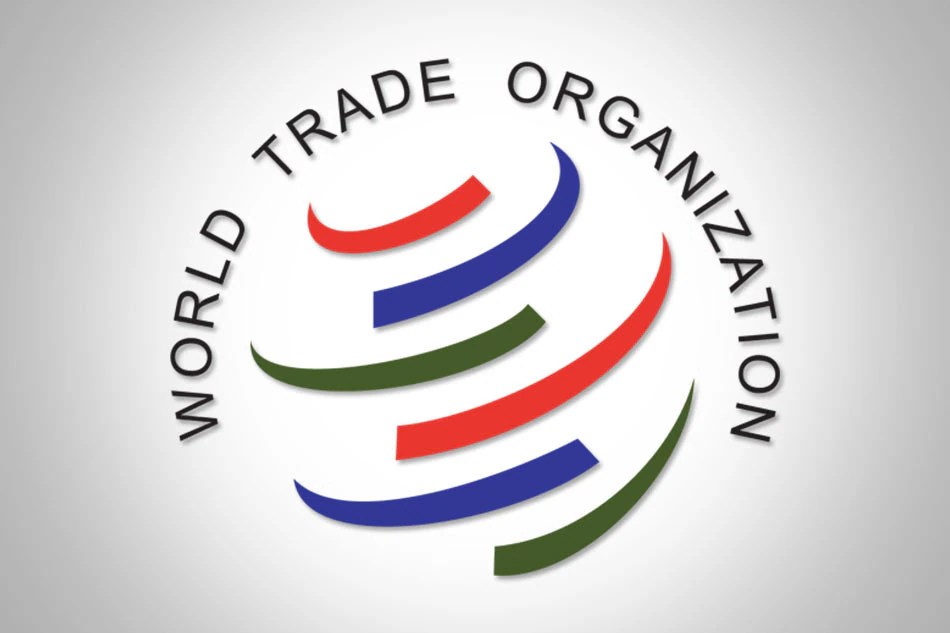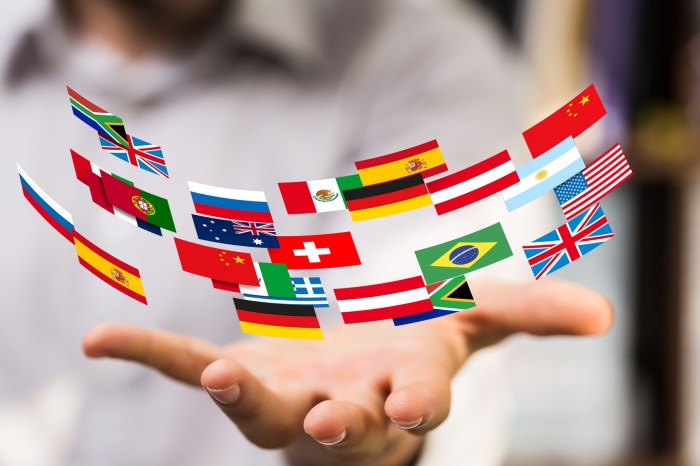How are MNCs and the WTO similar? This question delves into the intriguing relationship between multinational corporations (MNCs) and the World Trade Organization (WTO), two entities that play pivotal roles in shaping global trade and economic development. Their shared objectives, contributions to globalization, and influence on the global economy make for a compelling exploration.
Both MNCs and the WTO recognize the importance of global trade as an engine for economic growth. MNCs, with their extensive cross-border operations, facilitate the flow of goods, services, and capital across national borders. The WTO, on the other hand, provides a framework for international trade rules and regulations, ensuring fair competition and reducing trade barriers.
Similarities in Objectives

MNCs and the WTO share common objectives in promoting global trade and economic development. They aim to reduce trade barriers and foster cooperation among nations, creating a more integrated and prosperous world economy.
Promoting Global Trade
- MNCs operate across borders, facilitating the exchange of goods and services between countries.
- The WTO establishes rules and agreements that govern international trade, reducing tariffs and other barriers.
Fostering Economic Development
- MNCs invest in developing countries, bringing capital, technology, and employment opportunities.
- The WTO promotes trade liberalization, which can lead to increased economic growth and poverty reduction.
Role in Globalization

Multinational corporations (MNCs) and the World Trade Organization (WTO) play crucial roles in driving globalization, contributing to increased interconnectedness and economic integration worldwide.
MNCs, with their global reach and operations, are key players in facilitating cross-border investments and trade. They establish production facilities, distribution networks, and research centers in different countries, fostering economic interdependence and the exchange of goods, services, and ideas.
WTO’s Role
The WTO, as an international organization, provides a framework for international trade rules and regulations. It promotes free and fair trade by reducing trade barriers, such as tariffs and quotas, and resolving trade disputes. The WTO’s agreements create a stable and predictable environment for businesses to operate globally, facilitating the flow of goods and services across borders.
Influence on Global Economy

MNCs and the WTO play pivotal roles in shaping the global economy. MNCs foster economic growth through job creation, investment, and technology transfer, while the WTO regulates global trade, promotes fair competition, and enhances economic stability.
Role of MNCs in Global Economic Growth
MNCs contribute significantly to global economic growth by:
- Creating employment opportunities in various countries, boosting local economies.
- Investing in infrastructure, technology, and research, leading to economic development.
- Transferring knowledge, skills, and technology, enhancing productivity and competitiveness.
WTO’s Role in Regulating Global Trade, How are mncs and the wto similar
The WTO’s primary objective is to regulate global trade by:
- Establishing rules and agreements to facilitate trade between member countries.
- Enforcing fair competition, preventing unfair trade practices and subsidies.
- Promoting economic stability by reducing trade barriers and fostering economic cooperation.
Challenges and Opportunities

MNCs and the WTO face various challenges in the dynamic global economic landscape. These include navigating trade barriers, fluctuating exchange rates, and geopolitical uncertainties. However, they also present opportunities for businesses and countries to expand their markets, foster innovation, and promote economic growth.
Challenges
- Trade Barriers:Tariffs, quotas, and other protectionist measures can hinder market access for MNCs and disrupt global trade.
- Fluctuating Exchange Rates:Currency fluctuations can impact MNCs’ profitability and make it difficult to plan for the future.
- Geopolitical Uncertainties:Political instability, conflicts, and changes in government policies can create risks for MNCs operating in different countries.
Opportunities
- Market Expansion:MNCs can access new markets and expand their customer base through international trade.
- Innovation:Exposure to different markets and technologies can foster innovation and the development of new products and services.
- Economic Growth:International trade can promote economic growth by creating jobs, increasing exports, and stimulating investment.
Future Implications: How Are Mncs And The Wto Similar
The future of MNCs and the WTO is likely to be shaped by a number of emerging trends and technological advancements. These include the rise of the digital economy, the increasing importance of sustainability, and the growing power of emerging markets.
In the digital economy, MNCs are playing a major role in the development and deployment of new technologies. They are also using digital technologies to improve their operations and to reach new markets. The WTO is working to ensure that the digital economy remains open and fair, and that all countries can benefit from its growth.
Sustainability is becoming increasingly important for both MNCs and the WTO. MNCs are under pressure from consumers and investors to reduce their environmental impact and to adopt more sustainable practices. The WTO is working to promote sustainable trade and to help countries to transition to a green economy.
Emerging markets are playing an increasingly important role in the global economy. MNCs are investing heavily in emerging markets, and the WTO is working to help these countries to integrate into the global trading system.
MNCs
MNCs are likely to continue to play a major role in the global economy. They have the resources and expertise to invest in new technologies and to expand into new markets. They are also well-positioned to take advantage of the opportunities presented by the digital economy, sustainability, and emerging markets.
However, MNCs also face a number of challenges. These include the rise of protectionism, the increasing complexity of global supply chains, and the need to address climate change. MNCs will need to adapt to these challenges in order to continue to grow and prosper.
WTO
The WTO is likely to continue to play a vital role in the global trading system. It provides a forum for countries to negotiate trade agreements and to resolve trade disputes. It also works to promote transparency and predictability in the global trading system.
However, the WTO also faces a number of challenges. These include the rise of protectionism, the increasing complexity of global trade, and the need to address climate change. The WTO will need to adapt to these challenges in order to remain relevant and effective.
FAQ Explained
What is the primary objective of MNCs?
MNCs aim to maximize profits and expand their global reach through cross-border investments and operations.
How does the WTO contribute to economic stability?
The WTO’s rules and regulations help prevent trade disputes, promote fair competition, and ensure the smooth flow of goods and services.
What are some challenges faced by MNCs in global operations?
MNCs may encounter challenges such as cultural differences, political instability, and fluctuating exchange rates.